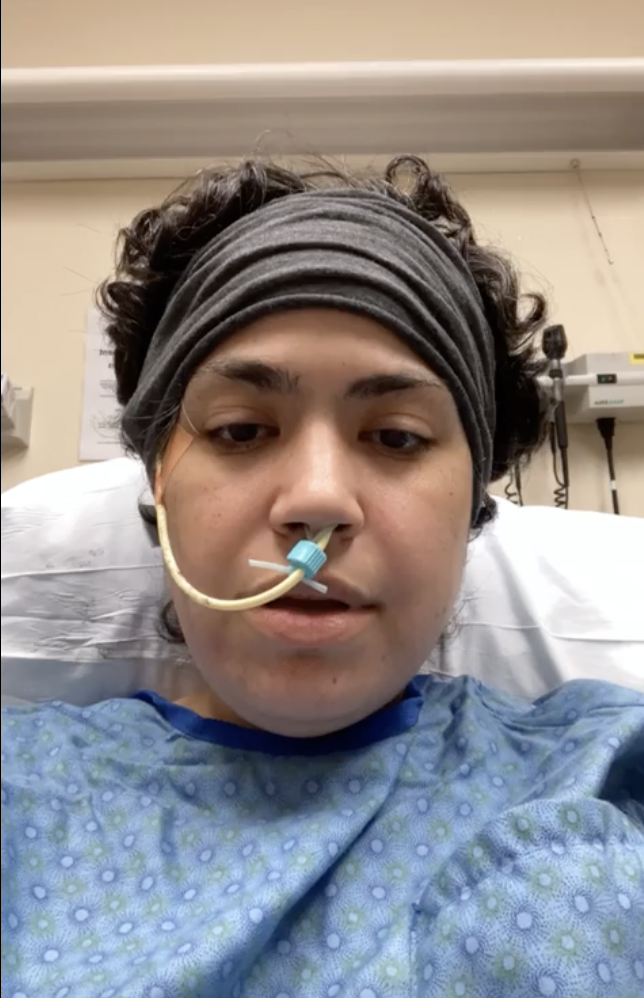Verify Your Builder/Contractor License
“Rule #1 for consumers is to check with us first to make sure the people working on your home are properly licensed by the state. All it takes is a few minutes of your time to look up a license online or give us a call, and in the long run, it can help prevent your dream home from becoming a nightmare,” said DLEG Director Keith W. Cooley.
Builders: DLEG’s online license search is available at http://www.michigan.gov/licenselookup or by calling the DLEG’s Bureau of Commercial Services Licensing Division at 1 (866) 630-6608
Contractors: Electricians, plumbers and mechanical contractors are licensed by DLEG’s Bureau of Construction Codes. To verify their license information, visit www.michigan.gov/bcclicense or call (517) 241-9313.
Don’t Pay in Advance
Consumers should never give a contractor a large sum of money prior to work being done.
“Never pay in full prior to completion of job to your satisfaction,” Cooley said. “Home owners are inviting trouble if they pay the full contract price amount at the start of a job or prior to completion.”
Don’t Forget Your Building Permit!
Planning on doing some home improvement projects? Before tearing down walls or running electrical wire, check with your local or state building department to learn if your project requires a building permit. A building permit provides the legal permission to start construction of a building project in accordance with approved drawings and specifications.
A building permit is usually required for:
• New buildings
• Additions (bedrooms, bathrooms, family rooms, etc.)
• Residential work (decks, garages, fences, fireplaces, pools, water heaters, etc.)
• Renovations (garage conversions, basement furnishings, kitchen expansions, re-roofing, etc.)
• Electrical systems
• Plumbing systems
• HVAC (heating, ventilating and air-conditioning) systems
“With the popularity of do it yourself home improvement shows, it’s important for consumers to remember that they are responsible for obtaining building permits too,” Cooley said. “Checking with your local or state building officials ahead of time could save you costly mistakes in the long run.”
A building permit ensures that the proposed construction meets minimum safety standards and allows code officials to protect the public by reducing potential hazards of unsafe construction. Property insurers may not cover work done without permits and inspections, so the value of the property could be reduced and problems may arise when the property is sold.
Routine Maintenance Protects Your Investment
Even if home renovations aren’t in your immediate future, homeowners should take some basic steps to make the most out of your investment.
“One of the most important things for homeowners to remember is that you should perform certain routine maintenance to keep your house or apartment functioning properly,” Cooley said. “These tasks tend to be relatively simple but are easily overlooked – for example, changing the filter on your heating and air conditioning systems will help it run more effectively in removing dirt and dust from the air.”
Other common sense tips:
-Time for Spring Cleaning – Cleanliness is a factor that will make your home last longer and work better. Dust and dirt, if allowed to accumulate, can harm the finishes on blinds, cabinets, countertops, floors, sinks, tubs, toilets, walls, tiles and other items. If dirt does accumulate, make sure to clean it with a substance that does not scratch or damage the finish.
-On the outside of your home, make sure that gutters and downspouts do not get clogged with leaves or other objects. The exterior of your house is built to withstand exposure to the elements, but a periodic cleaning will improve the appearance and, in many instances, prolong the life of siding and other exterior products.
For more information, visit the Bureau of Commercial Services website at www.michigan.gov/bcs or Bureau of Construction Codes at www.michigan.gov/bcc. To determine if a state license is needed, you may also check out www.michigan.gov/statelicensesearch.
Governor Granholm Signs Legislation
to Help Citizens Threatened With Mortgage Foreclosure
State housing authority and lenders join forces
to offer new tools to help families save homes
LANSING, MI — Governor Jennifer M. Granholm recently signed legislation aimed at preserving the American dream of homeownership for Michigan families in jeopardy of losing their homes to foreclosure. The governor was joined today by lenders from the Michigan Credit Union League, the Michigan Bankers Association, and sponsoring legislators from across the state for bill signings in Grand Rapids, Jackson, and Detroit.
“These new tools will help protect families from losing their homes and work to stabilize Michigan’s housing market,” Granholm said. “I applaud the leadership of our legislators and our many partners in the lending community, including bankers, credit union lenders, and mortgage lenders, for making these tools a reality.”
The bills signed today create two new refinancing options to protect home ownership – an adjustable rate mortgage (ARM) refinancing option that will help citizens get into fixed-rate mortgages and a “rescue” program that helps those who have been behind in their payments in the past, but are current now. The new tools are part of the “Save the Dream” initiative that makes housing counselors available to homeowners and raises awareness about avoiding foreclosure. The Save the Dream products and programs are operated and funded entirely by the Michigan State Housing Development Authority (MSHDA).
“We believe our Save the Dream program will help curtail the foreclosures happening throughout our Michigan communities,” MSHDA Director of Homeownership Mary Townley said. “This new legislation gives us an important tool to add to our existing homeownership counseling and foreclosure prevention activity. Putting the counseling together with the ability to refinance home loans for safer, more secure long-term, fixed-rate mortgages offers a sense of real hope to some very desperate homeowners.”
The new Save the Dream tools are:
o The Adjustable Rate Mortgage (ARM) Refinance Program that will assist homeowners who have an ARM in refinancing to a 30-year, lower-interest, fixed-rate conventional loan;
o The Rescue Refinance Program that will assist individuals who have a delinquency on their mortgage and who are at risk of losing their home will have a chance to get into a more affordable 30-year, fixed rate, conventional loan.
Both initiatives are targeted at existing homeowners. To qualify for one of the new loan programs, homeowners must meet the same income and sales price limits that other MSHDA loan products require. Household income must be under $108,000, and the purchase price of the home cannot exceed $224,500. The initiatives will be funded by taxable bonds, and homeowners will be responsible for the full value of their refinanced mortgages. The original mortgage does not have to be a MSHDA loan; however, the homeowner must meet MSHDA requirements for the refinance product. This qualifying information is available from approved lenders and directly from MSHDA.
For more details on the Save the Dream refinance programs and other services, a visit to www.michigan.gov/mshda will take seekers to MSHDA’s home page and the Save the Dream icon where up-to-date information about the loans, services, and MSHDA-approved lenders and certified counselors is available. There is also a consumer hotline that helps callers find a counselor locally. That toll-free number is 1-866-946-7432.
MSHDA is a quasi-state agency that provides financial and technical assistance through public and private partnerships to create and preserve safe and decent affordable housing, engage in community economic development activities, and address homeless issues. MSHDA’s loans and operating expenses are financed through the sale of tax-exempt and taxable bonds and notes to private investors, not from state tax revenues. For more information on MSHDA programs and initiatives, visit the Web site at www.michigan.gov/mshda.



